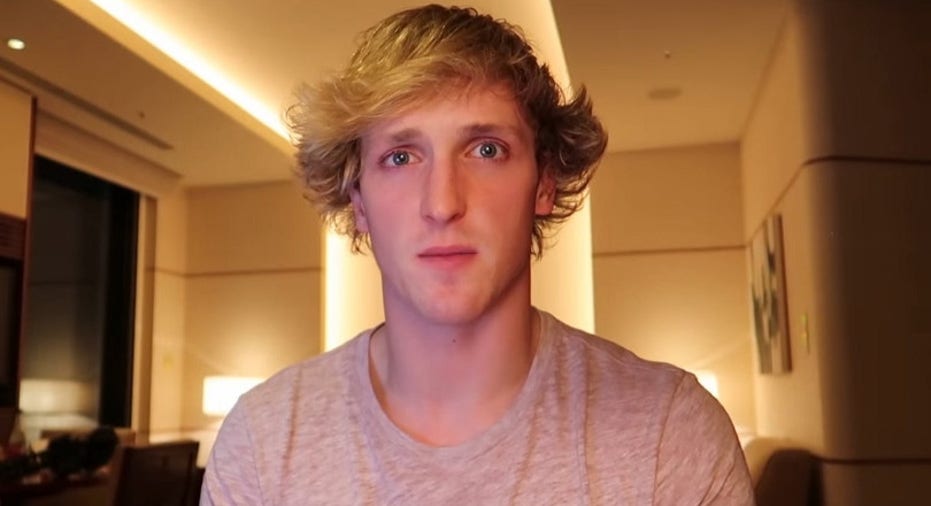YouTube Temporarily Suspends Ads on Logan Paul's Channels

YouTube has suspended advertisements on channels run by Logan Paul, one of the platform's biggest stars, following the vlogger's "recent pattern of behavior."
The move comes after Paul in late December posted a video which appeared to show a dead body in Japan's infamous Aokigahara forest, also known as "suicide forest." The video, which has since been removed, sparked major backlash online and prompted Paul to take a month-long hiatus from daily vlogging before returning to YouTube last month with a video about suicide prevention and promises to "learn from the past."
The punishment should be a financial hit for Paul, who can reportedly rake in around $36,000 a day via his monetized YouTube videos.
In a statement to PCMag, a YouTube spokesperson said "careful consideration" went into this decision.
"This is not a decision we made lightly, however, we believe he has exhibited a pattern of behavior in his videos that makes his channel not only unsuitable for advertisers, but also potentially damaging to the broader creator community," the company said.
The "suicide video" wasn't Paul's only recent infraction contributing to this decision, YouTube said. Since returning to the platform, Paul has encouraged his followers to try the potentially deadly Tide Pod challenge and tasered a rat on camera.
"To be suitable for advertising, videos must comply with the AdSense Program Policies," YouTube states in its guidelines. "Serious or repeated violations of these policies may lead to ads being disabled for your channel or suspension from the YouTube Partner Program."
The streaming video site also recently removed Paul from its Google Preferred program, which lets brands run ads on videos from the most popular YouTube channels, and cut him from the upcoming season of Foursome, a comedy show on its premium YouTube Red service.
"Suicide is not a joke, nor should it ever be a driving force for views," YouTube wrote on Twitter in early January. At the time, the company said it was taking steps to "ensure a video like this is never circulated again."
Following the controversy, YouTube last month promised to spend $5 million this year funding videos that promote positive social messages.
This article originally appeared on PCMag.com.



















